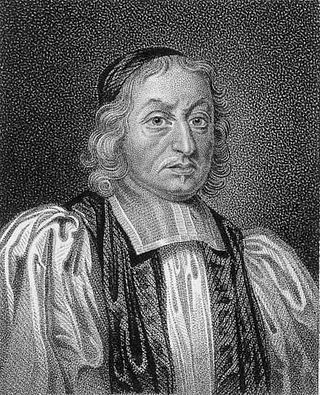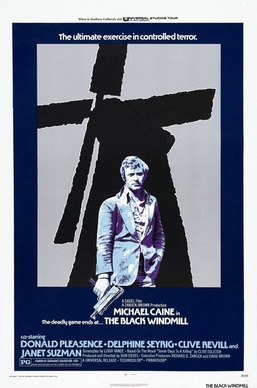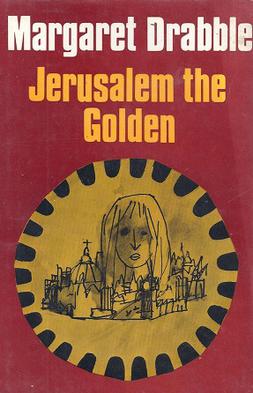
Enoch Arnold Bennett was an English author, best known as a novelist who wrote prolifically. Between the 1890s and the 1930s he completed 34 novels, seven volumes of short stories, 13 plays, and a daily journal totalling more than a million words. He wrote articles and stories for more than 100 newspapers and periodicals, worked in and briefly ran the Ministry of Information in the First World War, and wrote for the cinema in the 1920s. Sales of his books were substantial and he was the most financially successful British author of his day.

Orwellian is an adjective describing a situation, idea, or societal condition that George Orwell identified as being destructive to the welfare of a free and open society. It denotes an attitude and a brutal policy of draconian control by propaganda, surveillance, disinformation, denial of truth (doublethink), and manipulation of the past, including the "unperson"—a person whose past existence is expunged from the public record and memory, practised by modern repressive governments. Often, this includes the circumstances depicted in his novels, particularly Nineteen Eighty-Four, despite the narrative depicting a society in which only governmental employees are under repressive scrutiny, but political doublespeak is criticized throughout his work, such as in Politics and the English Language.

Dame Margaret Drabble, Lady Holroyd, is an English biographer, novelist and short story writer.

Muesli is a cold Swiss breakfast dish, the primary ingredient of which is rolled oats. Traditionally, it is set to soak overnight and eaten the next morning. Additional ingredients, such as grains, nuts, seeds, and fresh or dried fruits are sometimes added, along with milk or cream, a small amount of citrus juice, and honey to add sweetness. Yoghurt, other milk products, or milk substitutes are now commonly added to both homemade and commercially packaged muesli recipes.
The spasmodic poets were a group of British poets of the Victorian era. The term was coined by William Edmonstoune Aytoun with some derogatory as well as humorous intention. The epithet itself is attributed, by Thomas Carlyle, to Lord Byron.

John Pearson was an English theologian and scholar.
Robert Henry Winborne Welch Jr. was an American businessman, political organizer, and conspiracy theorist. He was wealthy following his retirement from the candy business and used his wealth to sponsor anti-communist causes. He co-founded the John Birch Society (JBS), an American right-wing political advocacy group, in 1958 and tightly controlled it until his death. He was highly controversial and criticized by liberals, as well as some conservatives, including William F. Buckley Jr. only after being an early donor to Buckley’s National Review in the 1950s.
Drabble is an internationally syndicated comic strip that appears in about 200 newspapers. Kevin Fagan created the strip in 1979 and remains the sole writer and artist. The strip centers on the Drabble family, and is set in a fictionalized version of the greater Los Angeles area.

The Black Windmill is a 1974 British spy thriller film directed by Don Siegel and starring Michael Caine, John Vernon, Janet Suzman and Donald Pleasence. It was produced by Richard D. Zanuck and David Brown.

The Clayhanger Family is a series of novels by Arnold Bennett, published between 1910 and 1918. Though the series is commonly referred to as a "trilogy", and the first three novels were published in a single volume, as The Clayhanger Family, in 1925, there are actually four books. All four are set in the "Five Towns", Bennett's thinly disguised version of the six towns of the Staffordshire Potteries.

The Oxford Companion to English Literature first published in 1932, edited by the retired diplomat Sir Paul Harvey (1869–1948), was the earliest of the Oxford Companions to appear. It is currently in its seventh edition (2009), edited by Dinah Birch. The work, which has been periodically updated, includes biographies of prominent historical and leading contemporary writers in the English language, entries on major works, "allusions which may be encountered", significant (serial) publications and literary clubs. Writers in other languages are included when they have affected the anglophone world. The Companion achieved "classic status" with the expanded fifth edition edited by novelist and scholar Margaret Drabble, and the book was often referred to as "The Drabble".

The Fairy Caravan is a children's book written and illustrated by Beatrix Potter and first published in 1929 by Alexander McKay in Philadelphia. As noted by Leslie Linder, "Potter did not wish for an English edition of The Fairy Caravan, because she felt the stories were 'too personal – too autobiographical' to publish in this country". To secure English copyright, however, Potter produced 100 copies with the first eighteen pages discarded and replaced by sheets privately printed in Ambleside by George Middleton.

Robin Hood and Guy of Gisborne is Child Ballad 118, part of the Percy collection. It introduces and disposes of Guy of Gisborne who remains next to the Sheriff of Nottingham the chief villain of the Robin Hood legend. This ballad survives in a single seventeenth century copy but has always been recognized as much older in content, possibly older than Robin Hood and the Monk. A play with a similar plot survives in a copy dated to 1475.

The Peppered Moth is a 2000 novel by English writer Margaret Drabble; it is her fourteenth published novel. The novel follows the fictional experiences of three generations of women within one family, and contains several elements that are loosely based on Drabble's own biographical experience.

Jerusalem the Golden is a novel by Margaret Drabble published in 1967, and is a winner of the James Tait Black Memorial Prize in 1967.

Romanticism was an artistic, literary, and intellectual movement that originated in Europe toward the end of the 18th century. Scholars regard the publishing of William Wordsworth's and Samuel Coleridge's Lyrical Ballads in 1798 as probably the beginning of the movement in England, and the crowning of Queen Victoria in 1837 as its end. Romanticism arrived in other parts of the English-speaking world later; in the United States, about 1820.

A Perfect Woman is a 1955 novel by the British writer L. P. Hartley.
The Double Mistake is a 1766 comedy play by the British writer Elizabeth Griffith. It was her most successful play along with The School for Rakes.
A Soul's Tragedy is a play by Robert Browning. It was first printed with Luria as the concluding number of Bells and Pomegranates in April 1846. It is a tragi‐comedy in two acts: the first in verse, the second in prose.













